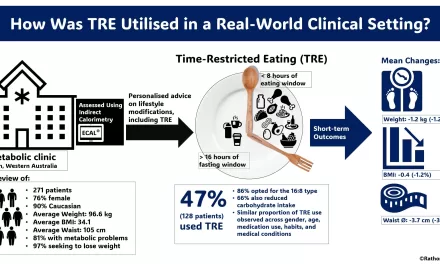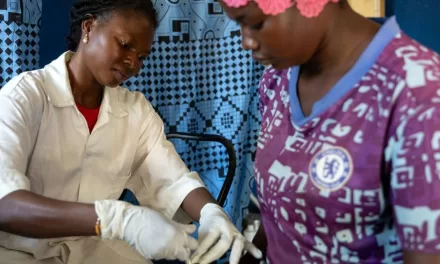A groundbreaking study reveals that financial well-being influences generosity and reciprocity across cultures.
Wealthier individuals are more likely to engage in prosocial behaviors, including charitable donations and volunteering, according to a new global study conducted by researchers at the University of Birmingham. The findings, published in PNAS Nexus, analyzed data from more than 80,000 participants across 76 countries, highlighting a strong association between financial status and altruistic intent.
The study examined both objective wealth and subjective financial well-being and found that individuals with greater financial resources were more inclined to give money to charity, volunteer, and reciprocate acts of kindness. This trend was observed consistently across diverse cultural and economic backgrounds, indicating that financial security plays a key role in shaping altruistic behavior worldwide.
Financial Equality and Social Trust
Beyond individual generosity, the study suggests that promoting financial equality could lead to increased prosocial attitudes at a societal level. Patricia Lockwood, Professor of Decision Neuroscience at the University of Birmingham and senior author of the study, emphasized the significance of these findings:
“There has been disagreement as to whether higher wealth makes you more or less prosocial. Our study clearly shows that wealth, and a subjective sense of financial well-being, are very strongly associated with prosocial behaviors and attitudes. Wealthier people are more inclined to give money to charity, and also to volunteer or do reciprocal acts of generosity. What’s more, this effect is highly consistent globally even in countries that differ a lot in levels of wealth.”
However, the study also uncovered a negative correlation between wealth and trust. Individuals with higher incomes were less likely to trust others to act positively toward them. Additionally, wealthier individuals were more inclined to punish those who behaved dishonestly or unethically, a factor that researchers suggest may contribute to maintaining prosocial norms within societies.
The Role of Financial Hardship
A key finding of the study was the impact of past financial hardship on prosocial behavior. Lead author Paul Vanags elaborated on this connection:
“When people have experienced precarity, higher financial well-being is then more likely to result in prosocial behaviors such as helping a stranger, donating, and volunteering. So, when people have experienced hardship but have improved their personal circumstances to the point where they now feel well-off, this is associated with higher levels of beneficial prosocial behaviors.”
These findings offer valuable insights into the relationship between financial security and social responsibility, suggesting that policies aimed at reducing economic disparities could foster more generous and cooperative communities worldwide.
Disclaimer
While this study provides significant evidence of the link between wealth and prosocial behavior, it does not imply that wealth alone determines generosity. Individual values, cultural influences, and personal experiences all play crucial roles in shaping social attitudes. Further research is necessary to explore the complexities of financial well-being and its broader implications for global society.












